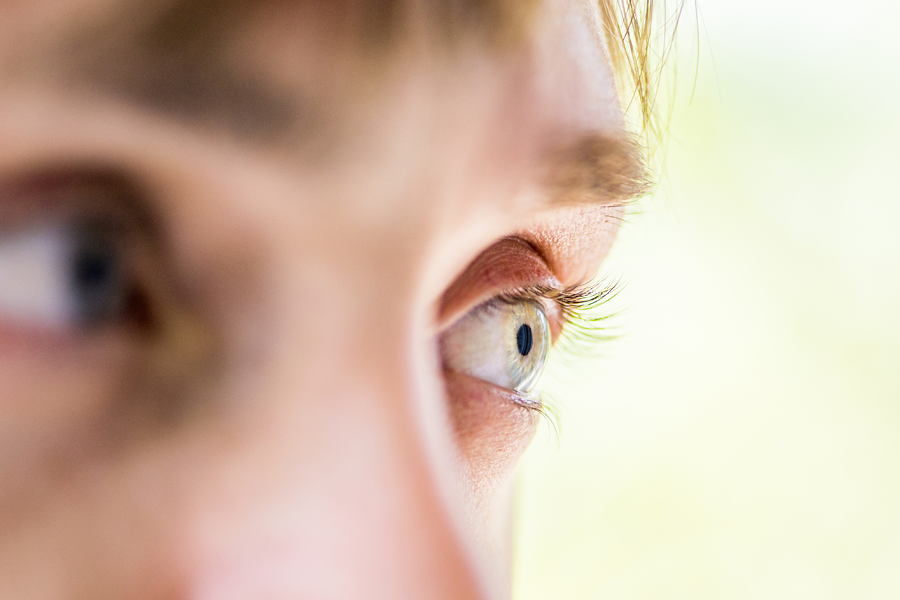Signs of Diabetic Eye Problems
Posted on November 2, 2023 in Vision Health

Our eyesight is an important indicator of our overall health. It’s important to get a preventive exam yearly, to ensure there aren’t any changes to vision or eye health, especially ones we might not be able to notice at home. Changes could indicate that other health issues could also be at play. Blurred vision, for example, can be a first sign of diabetes.
Diabetic eye problems can have a serious impact on your vision and eye health. Get regular preventive exams to help catch issues in the very early stages. It’s also important to speak with a medical professional if you notice any changes in your vision.
Diabetes impacts the whole body
Diabetes is one of the most common chronic diseases in the United States. According to Johns Hopkins Medicine, diabetes “occurs when your body does not properly process food as energy. When you have diabetes, your body either does not respond to or does not produce insulin, which is a hormone that delivers glucose (blood sugar) to the cells in your body.”
Diabetes can lead to serious medical problems including kidney disease, heart problems, and even vision loss. While there is no cure for the condition, it can be managed through consistent appointments with a medical team, medication, and healthy lifestyles.
Diabetic eye problems that impact vision
Unmanaged diabetes can lead to a group of eye conditions often referred to as diabetic eye diseases.
- Diabetic retinopathy: Diabetic retinopathy is the number one cause of blindness for adults in the U.S. It develops when changes in the blood vessels of the retina lead to either leakage or the formation of abnormal new blood vessels on the surface of the retina.
- Diabetic macular edema: This condition impacts a different part of the eye called the macula. According to the Cleveland Clinic, the macula “is the part of your eye that processes what you see directly in front of you (your central vision). It’s part of your retina and is key to your vision.” If blood vessels are leaking due to diabetes, it can cause the macula to swell. Signs of macular edema include wavy vision and dull color changes.
- Cataracts: Cataracts are a common diabetic eye problem that can form and progress faster due to high blood sugar levels. Cataracts cloud the lens of the eye, and can cause you to experience sensitivity to light, or see faded colors, glares, or halos.
- Glaucoma: Diabetes can cause neovascular glaucoma. This occurs when blood vessels in the retina are damaged by high blood sugar levels. This can cause the retina to form new, abnormal blood vessels that grow in the iris, which can lead to increased eye pressure.
Diabetic eye problems can be prevented
By managing your diabetes, you can prevent or reduce the impact of diabetic eye problems. Some of the best ways to manage diabetes are by focusing on nutrition, staying active, and taking medications that are prescribed to you. Monitoring your blood sugar is also an important part of managing diabetes. Lowering cholesterol, quitting smoking, and wearing sunglasses while outdoors can also help prevent diabetic eye problems.
If you or someone you love is experiencing changes in vision or has been diagnosed with diabetes, it’s important to see an eye doctor. Click here to find a vision provider near you.